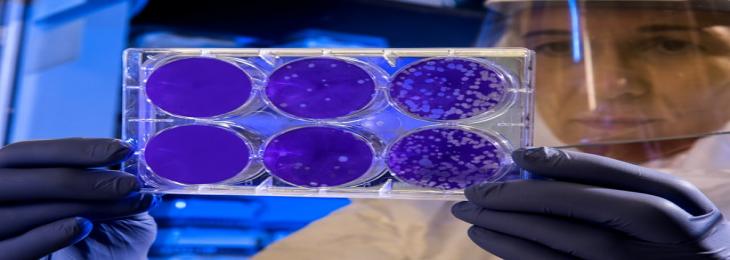Microbiome Study Comparing Fermented And High-Fiber Diets Gave Unexpected Results
Aug, 2021 - By SMI

Share
A ten week study indicated that a traditional fermented diet boosted microbiome diversity and decreased inflammatory indicators, whereas a high-fiber diet had no effect.
A team of Stanford University scientists researching the association between diet, systemic inflation and gut bacteria, discovered that just a few weeks of eating a fermented food rich diet can boost microbiome diversity and reduce inflammatory indicators. A high fiber diet was compared to a diet rich in fermented foods in this latest study. For 10 weeks 36 healthy humans were enlisted and given one of the two diets at random. After, during and before the dietary intervention, stool and blood samples were obtained. The fermented food group’s levels of 19 inflammatory proteins decreased over the course of the study, according to the researchers. This was characterized by an increase in gut microbial diversification and a reduction in the function of four types of immune cells.
The group assigned to a high fiber diet did not show these alterations, which is probably the most surprising accomplishment. This discrepancy between both the groups, according to the co-senior author on the study, was unexpected. Fiber induced microbial diversity increases may take longer to appear than fermented food-induced changes, according to one hypothesis proposed in the study to explain the differences in reactions to the two diets. Numerous biomarker alterations were seen in the fiber diet group, notably increased stool microbial protein density and modified short-chain fatty acid synthesis. These findings suggests that high fiber diets can alter gut microbial communities, though at a slower pace than fermented foods, according to the scientists.
The quick immunological and microbiome alterations generated by the fermented diet, as well as the regularity of responses throughout the control group are by the far the most important findings from this new research. The scientist’s next step will be to conduct animal tests to determine which precise pathways are involved in these diet modifications. Another scientist on the study, Justin Sonnenburg, described the results as a ‘striking’ evidence of how a tiny diet adjustment in fit individuals can affect microbial diversity and consequent immunological function.
Share
Stratagem Market Insights
533 Airport Boulevard, Suite 400, Burlingame, CA 94010, United States
Delivery Center
403, 4th Floor, Bremen Business Center
Aundh, Pune, Maharashtra 411007
India
